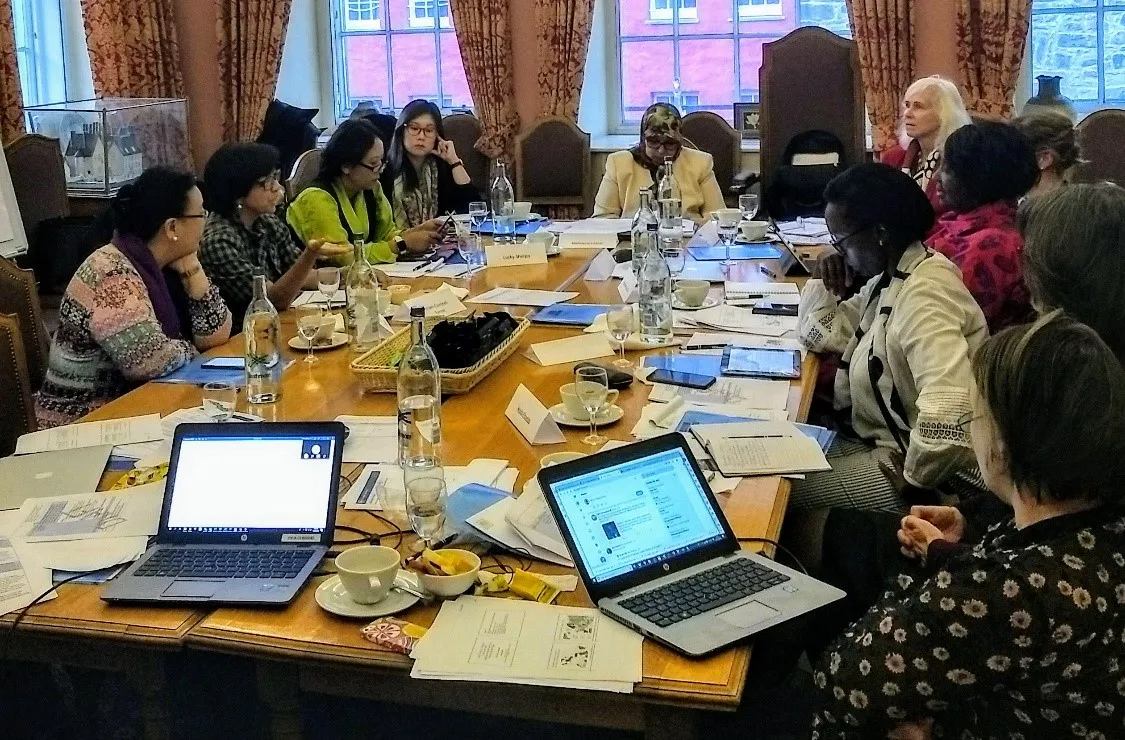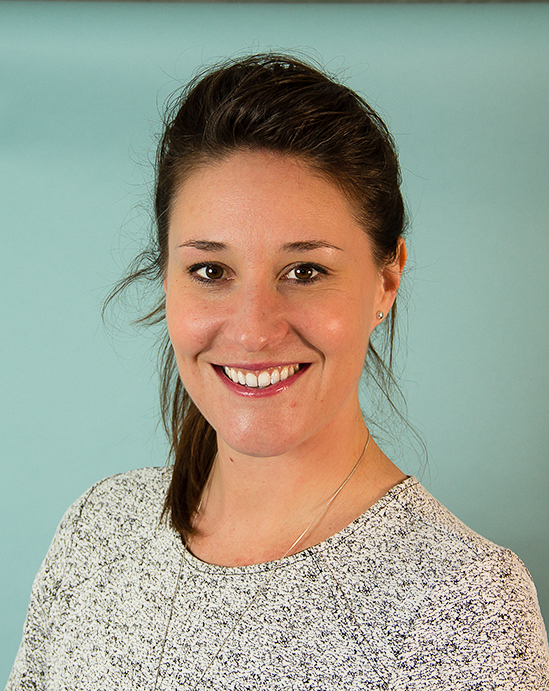Support to women constitution makers and gendered constitution-building

In recent decades, women’s participation in constitution making bodies has become more systematic and widespread compared to earlier generations. At the same time, gender-sensitive constitutional design has also improved: only 58 per cent of constitutions developed between 1960 and 1969 included explicit guarantees of gender and/or sex equality, compared to 100 percent of constitutions developed between 2000 and 2017. Despite these gains, women’s participation as constitution makers still falls short of parity with men, and gender-sensitive design remains a work in progress.
While women regularly engage in constitution building (an inclusive, participatory process combining legal, political and social aspects of state transformation initiating with a reform agenda and extending through implementation), participation in constitution making (wherein decision-makers engage in negotiating and designing constitutional provisions within the designated constitution making body) remains primarily reserved to elite political actors and jurists who are predominately men. From 1990 to 2015, 75 countries engaged in constitutional reform or a negotiated transition from authoritarianism to democracy, yet only 19 percent of members of constitution making bodies were women. While women are closing the gap, challenges remain.
Women’s systematic participation in constitution making began to increase in the 1970s alongside world conferences on gender equality, the rise of global paradigms linking legitimacy to participation and representation, and mounting evidence that women’s representation results in more equitable legal frameworks, more inclusive social and economic reforms and, in conflict-affected and transitioning states, to more sustainable peace. These frameworks have supported the inclusion of women in constitution making and contributed to national and global demands for gender-sensitive constitutional design, yet work remains to achieve gender equality and the empowerment of women.
To support these efforts, and to raise the visibility of women constitution makers globally, International IDEA’s Constitution-Building Programme has developed a series of networks, annual events, tools and partnerships focused on women constitution makers and gender-sensitive constitutional design.
Establishment of an Annual Women Constitution Makers Dialogue Forum
In October 2019, International IDEA held the first event in an annual forum series entitled Founding Women: A Dialogue with Women Constitution Makers. The forum was held in Edinburgh and developed in partnership with the Political Settlements Research Programme (PSRP), the Global Justice Academy (GJA), and the Edinburgh Centre for Constitutional Law (ECCL) of the University of Edinburgh. The purpose of the forum is to explore women’s comparative representation and participation within national constitution making processes, consider gendered constitutional outcomes, and provide a platform for women constitution makers to discuss contentious constitutional design choices within participant countries. Participants in the first event included constitution makers and peacebuilders from Egypt, Kenya, Nepal, the Philippines, Syria and Tunisia, as well as international constitutional advisors, comparative constitutionalists and gender and politics specialists.
The agenda is participant-driven to ensure prioritization of key participation and design challenges at a country level. In addition to leveraging the comparative experiences of women constitution makers, the forum also aims to elevate and emphasize women’s constitutional expertise beyond gender equality considerations, and to broaden awareness of women’s contributions in national transitions as both constitution makers and national leaders.
A report on the event will be available in March 2020. A video with participant interviews from the 2019 event can be viewed here.
Raising global awareness during the 64th Session of the Commission on the Status of Women
In 1979, the Convention on the Elimination of all Forms of Discrimination Against Women (CEDAW) established a blueprint for women’s rights and set commitments toward embodying the principle of equality between men and women in law and practice. Since then, the 1995 Beijing Declaration and Platform for Action and the 2030 Agenda for Sustainable Development have expanded and clarified these commitments. The year 2020 marks the 25th Anniversary of the Fourth World Conference on Women, progress against which will be addressed at the 64th Session of the Commission on the Status of Women (CSW) in March. To support the central review process, International IDEA has partnered with UN Women to hold a high-level side event in New York entitled Examining 25 Years of Constitution-Making: Gains, Gaps and Implications for Gender Equality.
The Davos-style panel event will bring together an extraordinary group of women constitution-makers from around the world as well as international constitutional advisors and leaders in the fields of comparative constitutionalism and gender and politics. It will explore 25 years of women’s representation and participation within national constitution building processes and broader issues related to gendered constitutional design. A joint event report will follow. By marking 25 years of progress and gaps, the event will support the systematic review of women’s equality within the constitution building field, and identify insights from women experts for the future.
Supporting gender sensitive constitutional design
In 2016, International IDEA developed the Constitution Assessment of Women’s Equality (CAWE) tool to assist constitution makers and civil society to analyze a constitution or draft constitution from the perspective of women’s substantive equality. IDEA continues to train national stakeholders and advocates to apply the tool to their country-context. In 2018, for example, International IDEA provided CAWE training to representatives of Gambian civil society and to members of the government, parliament and the Constitutional Review Commission as part of our technical support to the ongoing constitutional reform process. This training assisted women’s rights advocates to develop position papers for the constitution making body in 2019 and 2020.
Currently, the Asia Pacific Office and MyConstitution Programme are holding a series of CAWE Training-of-Trainers workshops to build the capacity of Myanmar boundary partners to effectively analyze the 2008 Constitution and advocate for gendered constitutional reform. Country-level assistance on gender-sensitive design is also ongoing in South Sudan, where International IDEA is supporting women leaders to effectively engage in federalization debates and the constitutional reform process.




